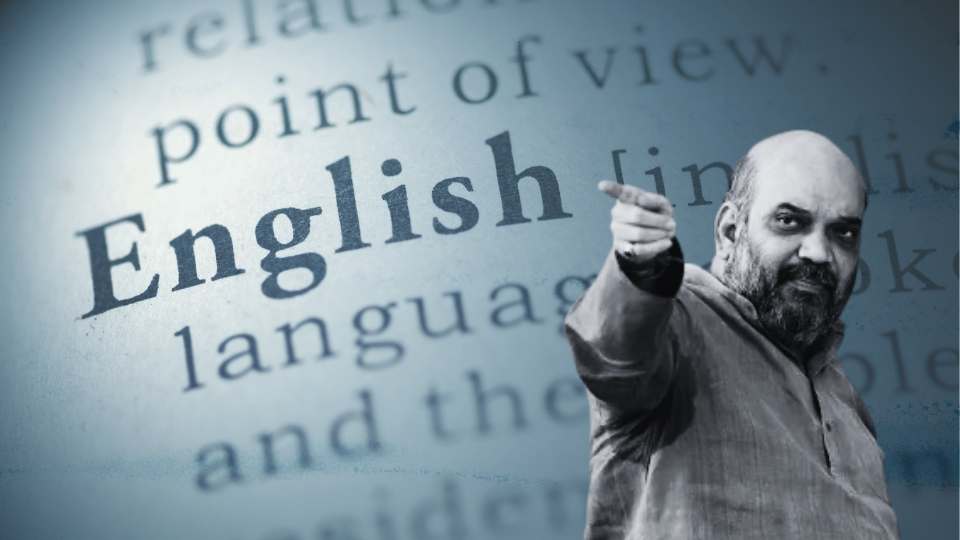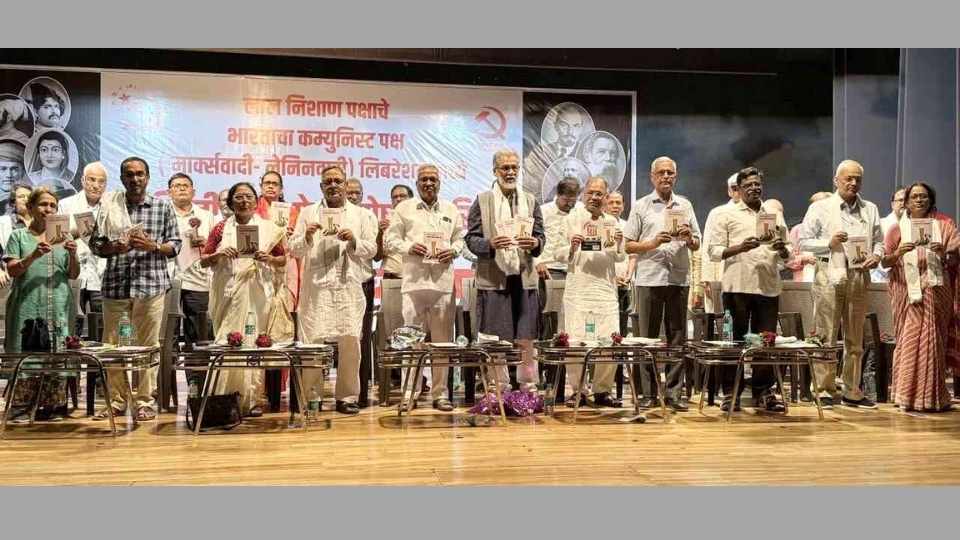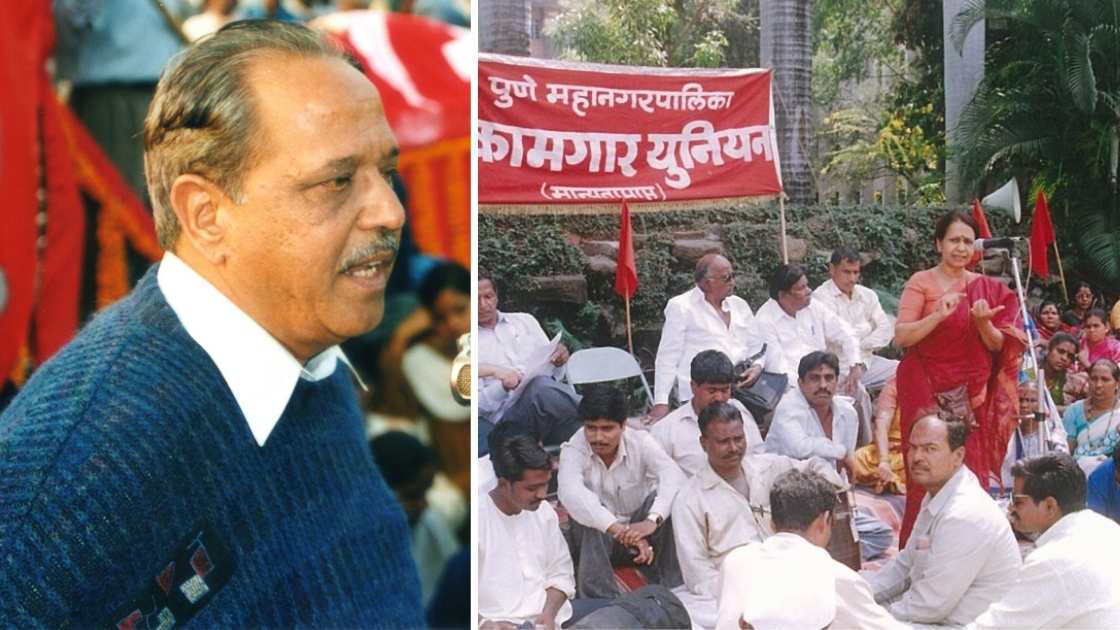The following statement on the recent UGC Draft Guidelines 2025 was issued by All India Students’ Association (AISA) on January 13, 2025:
In a world where higher education is increasingly being seen as a commodity, the University Grants Commission’s (UGC) Draft Guidelines 2025 emerge as the quintessential blueprint for transforming Indian universities into corporate training grounds. Under the guise of reform and in alignment with the National Education Policy (NEP) 2020, these regulations promise to revolutionize academia, but in reality, they seem intent on dismantling the very foundations of academic rigor, social justice, and inclusivity. These guidelines in their pursuit of ‘flexibility’ and ‘innovation,’ ignore the realities of marginalized communities and threaten to turn education into a marketplace.In a bold move that redefines academic achievement, the UGC Draft Guidelines introduce the concept of ‘notable contributions’ as the new gold standard for faculty recruitment and promotion. Gone are the days when teaching, research, and academic service were the pillars of an academic career. Now, to be considered for a faculty position, one must fulfill at least four out of nine specified ‘notable contributions.’ These include: Innovative Teaching Contributions, Research or Teaching Lab Development, Community Engagement and Service etc. While these criteria may sound progressive on paper, they are steeped in privilege. They favor those with resources, networks, and institutional backing, making it nearly impossible for candidates from marginalized communities to compete. For those who have spent years honing their craft in underfunded institutions, these arbitrary metrics are nothing short of a barrier to entry. Its clear now: the UGC has redefined academic excellence to ensure that recruitments remain an uphill battle for entry- level candidates from marginalized communities by exacerbating existing inequalities.
In another stroke of genius, the UGC has decided to do away with the 10% cap on contractual appointments, effectively opening the floodgates to the casualization of teaching positions. The result? A future where faculty members are hired on temporary contracts constantly worried about their next paycheck, and devoid of job security. This move is framed as a way to introduce ‘flexibility’ into the system, but in reality, it’s about creating a class of teachers who are too insecure to challenge exploitative practices.
The lack of tenure means that faculty members will no longer have the freedom to voice dissent or challenge institutional policies. After all, who can speak truth to power when they’re afraid of losing their job? The UGC Draft Guidelines are thus not only a direct attack on academic freedom but also a way to weaken any resistance to neoliberal policies that prioritize profit over pedagogy.
And if you think that’s the worst of it, think again. The introduction of the Professor of Practice (PoP) position allows universities to hire professionals from non-academic fields to teach. This provision spells doom not only in terms of growing intervention of private businesses and corporates in the academia and within the existing university governance model, but also in terms of the divisive strategy of creating yet another layer of faculty members who cannot be easily organized in trade unions or on wider concerns of the teaching fraternity due to the propensity for such appointments to be doled out more as a favor than on the basis of proven academic credential.
One of the most alarming aspects of the UGC Draft Guidelines is the centralization of power in the hands of the government. The guidelines propose changes to the appointment of Vice-Chancellors (VCs), giving Chancellors or Visitors- often the state Governor- the authority to form three-member selection committees to appoint VCs, sidelining state governments in the process. This move not only reduces the autonomy of state governments but also threatens to undermine the diversity and inclusivity that are central to India’s higher education system.
States like Tamil Nadu, which have historically implemented progressive policies to promote social justice in education, will now find it increasingly difficult to protect their higher education systems from central interference. The erosion of state autonomy in higher education governance is not just a technicality—it’s a direct attack on the ability of regional governments to tailor education policies to the specific needs of their communities. This is not just a case of bureaucratic overreach; it’s a deliberate move to centralize control and stifle the kind of regional innovation that has often been the hallmark of India’s educational diversity.
The UGC Draft Guidelines should be viewed within the larger context of the NEP 2020, which is nothing short of a blueprint for the corporatization of education and further marginalization of those who already exist at a disadvantaged position in society. The guidelines through a push for the privatization of higher education and an open invitation to the corporate players to take over academia are turning students into mere consumers. The backdoor push for NEP’s contentious four- year undergraduate program by legitimizing it as a qualification for faculty recruitment along with the Professor of Practice clause are perfect examples of this shift, as it gatekeeps marginalized students unable to access such graduate programs on one hand while on the other it allows non-academic professionals to step into the classroom, bypassing the need for actual academic credentials.
This is not just a problem for students and teachers; it’s a threat to the very idea of education itself. By turning education into a marketable commodity, the UGC is making it clear that the needs of the corporate world will always come first. The result? A generation of students who are trained to be workers, not thinkers, and a generation of teachers who are reduced to temporary contract workers with no job security or academic freedom.
The UGC Draft Regulations 2025 are not just a set of guidelines—they are a direct attack on the values of social justice, inclusivity, and academic freedom that have long been the cornerstone of India’s higher education system. By prioritizing corporate interests, political control, and arbitrary metrics over academic rigor and social justice, the UGC is paving the way for an education system that serves the few, not the many.
It is time for all stakeholders—students, educators, policymakers, and civil society—to come together and oppose these regressive policies. We must demand a return to an education system that prioritizes academic freedom, inclusivity, and social justice over market-driven objectives. The future of India’s higher education system depends on it.





